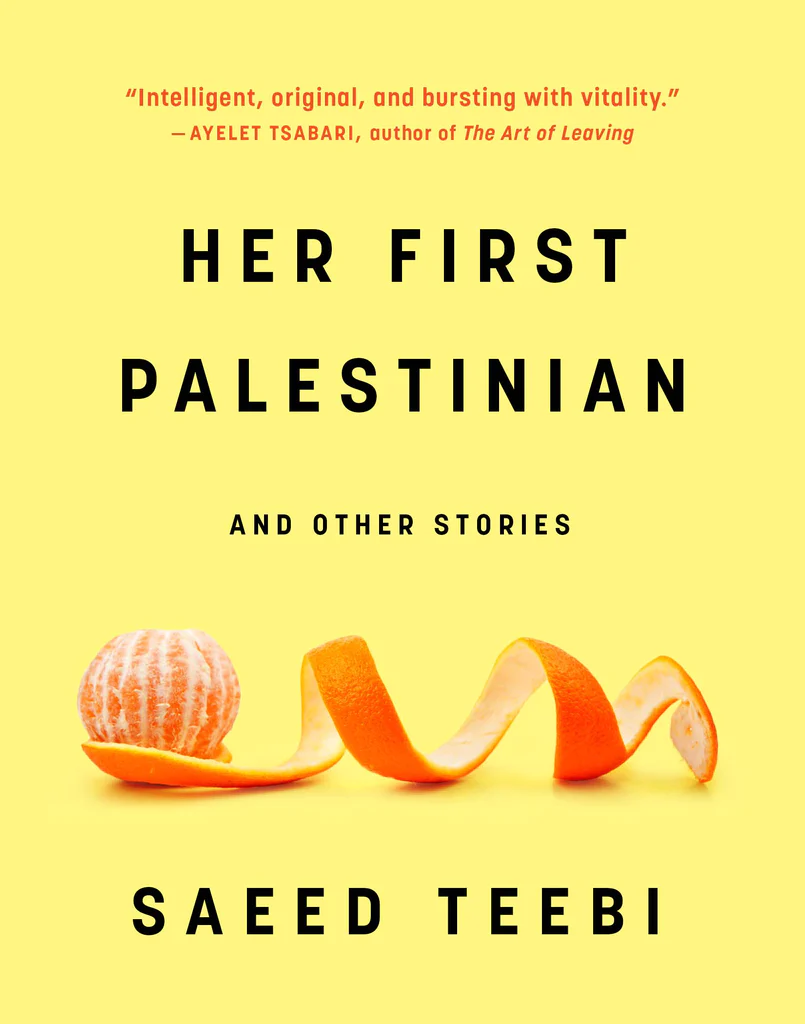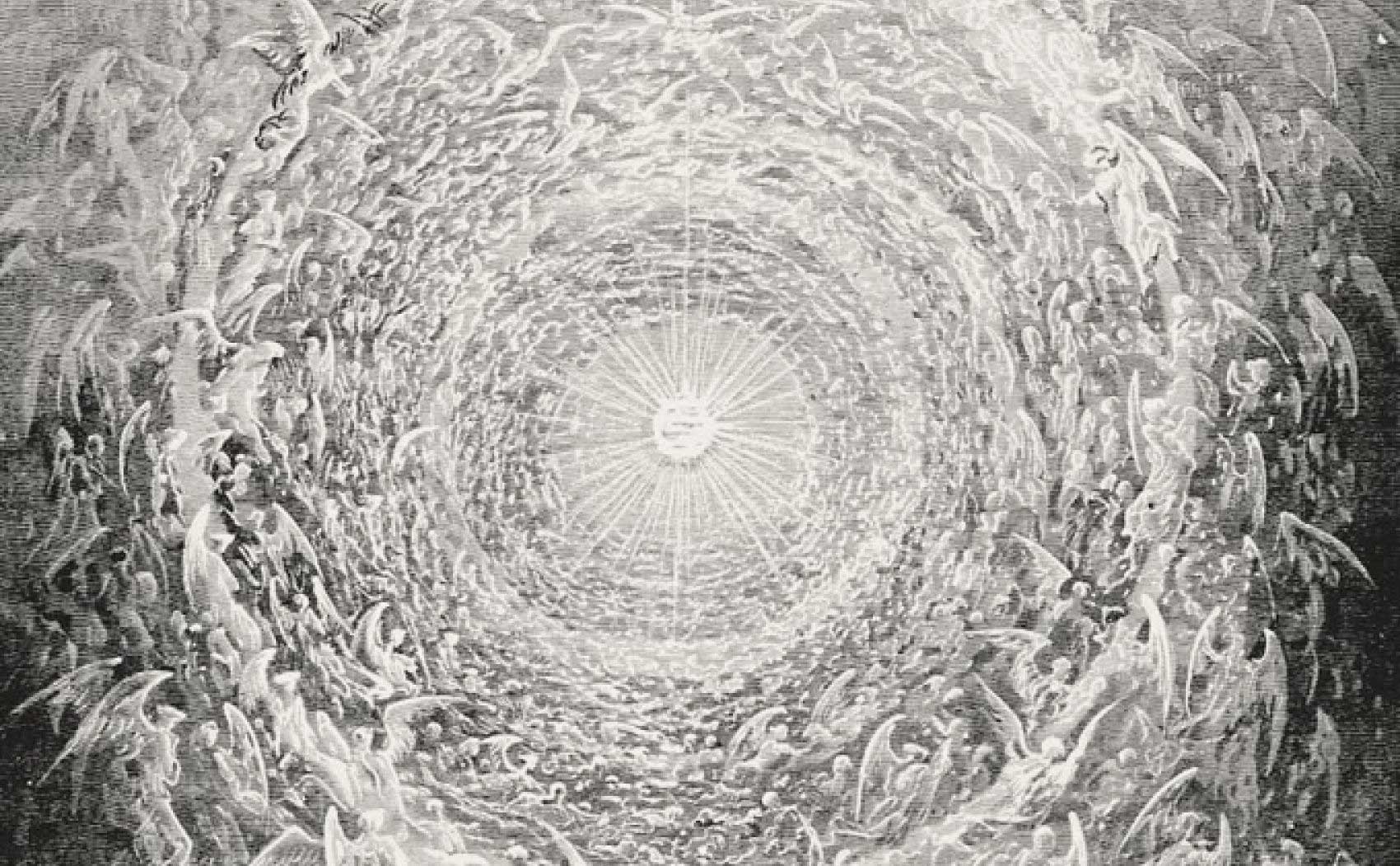The word rebellion derives from the Latin rebellare, which means, literally, to restart warring. This suggests that it is a continuous state, something that is about remembering the struggle and what causes are worth fighting for. And then there’s the work of the muses that is at the heart of what musicians do. The two are often collaborators, but not always in obvious ways.
Most of the improvising musicians I know are glad to be working outside the straightjacket of mainstream culture, although they are often devoted more to their art than to larger social concerns beyond what they can contribute with their instrument and the power of musical imagination.
Yet, despite the heavy focus on aesthetics for the improviser, awareness of how our practice fits into the larger picture is more often than not a crucial consideration. While most musicians are content to work within and thereby support status quo structures (jazz cruises, cocktail music, tourism festivals, etc.), some choose to forgo these and play exploratory, boundary-pushing music for themselves and for listeners who want music that is fresh, raw and honest. The core audience for this music usually includes people who share the musicians’ aesthetic inclinations or who feel connected in terms of values and lifestyles. Often they are other musicians. Pursuit of this kind of pure music means audiences will be small. There will also usually be very little money to be made. The impact via the trickle down effect that is arguably one of the features of the avant-garde in keeping it real is, however, priceless.
In this world the artist lives in a de facto state of rebellion. It seems to be a given in the approaches of institutions like the Casa Del Popolo and its Suoni per il popolo festival every June, or the efforts of musicians like Stefan Christoff of the Howl Collective and Ian Ferrier’s Words and Music, to name some obvious examples.
The goal is shared transcendence in a moment of creation. Musicians feed on the audience’s energy as the audience feeds on theirs, and the venue and event organizers are also an important part of the picture. After my first experience with creative music in 2002 at a show featuring members of the Peter Brötzmann Chicago Tentet at the Sala Rosa in Montreal, I was hooked. What amounts to a “Beginner’s Mind” in the best of this music taught me to think in ways I hadn’t learned from books or music school and to really listen again, to really hear and to have no preconceptions about form, pitch, rhythm, textures and so on. Free improvisation allows for one of the richest creative experiences that I’ve ever known.
In playing this kind of music for a living the struggle is mainly about making music on one’s own terms, music that is decidedly not corporately commodifiable, not carbon-copied or mimicked, not for a mass audience. It’s a do-it-yourself world where musicians find their own structures, raise their own money, and support each other’s efforts. The fact that it is not commodifiable, that it will never appear at the big jazz festivals (at least not in North America where it is marginalized—unlike in Europe, where free improvisation is embraced even in mainstream festivals), is significant. In its purest form, as a transcendent creative act, improvisation is rebellious. It reminds us of the power of shared experience in the realm of the imagination. Most musicians in this genre don’t expect to get rich, but they do the music anyway. That in itself is significant rebellion.
These ideas are shared by others involved in this cultural practice, for example, Peter Burton, a bassist and one of the organizers of the annual Suoni per il popolo. Suoni is part of the promotional aesthetic and practice of the Casa del Popolo, set up in 2000 by Mauro Pezzante and Kiva Stimac.
Burton believes, first and foremost, that “the festival presents joyous, powerful music,” and says that while it “doesn’t add up to world revolution, we’re providing the power of example in the fact that this kind of venue exists.”
“We’re very different from other venues,” says Burton. “It’s Mauro’s and Kiva’s way of doing things. The Casa is free to play. This is almost a revolutionary way of doing things. If you bring people the space is yours. It’s a challenge to run a place like this. It’s almost a political act to create that kind of space. Most places are about money. But here the focus is on community.”
As managers of a cultural venue, Burton points out that, “ We’re not exclusively activists, but a lot of the artists we present come from practices with a political tradition, for example the Black Avant-Garde. They had no space to present their art and had to develop their own resources though they came from the great jazz tradition.”
“This is not a fully political act like fighting land claims, “ Burton admits, “but we’re political in the cultural sphere by the things we do and the structure we provide. There’s something to be said for letting artists express themselves freely.”
Since they are running a business, as well as a cultural venture, funding for this structure is a practical matter that involves some compromises.
“For the Suoni,” says Burton, “ there’s more in grants than the door. I’d say a 66/33 split. We have a great relationship with McAuslan, a local company that hires local people and is a respectful and generous employer. But we do take money from the Canadian Government, although they do reprehensible things. We’re practical and we do the best we can.”
Trumpeter and cultural organizer Ellwood Epps looks at it from another angle. “ In general, all the responsibility for everything is on the musicians’ back right now and I think it’s becoming true in every kind of music, but in this music, in this city there’s nobody running a record label except musicians. There’s nobody running a series except musicians, there’s nobody running a festival, except musicians. The musicians are doing everything. They’re doing all the promotion and they’re doing all the organizing. I guess that’s the way that things are going. It’s dangerous ‘cause you can spend too much time doing that and not enough time on the music.”
Charity Chan, a classically trained improviser, sees that the kind of music she’s involved in “is about what you play is who you are and what you do is who you are and it’s about building communities through sound.”
The difficulty of making a living at this is attributable, Chan believes, to fundamental aspects of cultural promotion. “For the most part,” Chan says, “the shows you play are smaller one-off venues, you organize them, there’s no big name promoter and given the cost of living and how much you make per show, I think no music can survive that way. Nobody can make a living doing music that way. No classical musicians can survive by playing door gigs that they produce on their own. It’s a matter of logistics. “
On a personal level, there’s also a cost, Chan says. “You have to sacrifice certain things. You may never own your own house or have a brand new car, or an RRSP and a pension, but you get other things. “
Those “other things” are what make this practice worthwhile and qualify it as a form of rebellion against dominant values in our culture.













